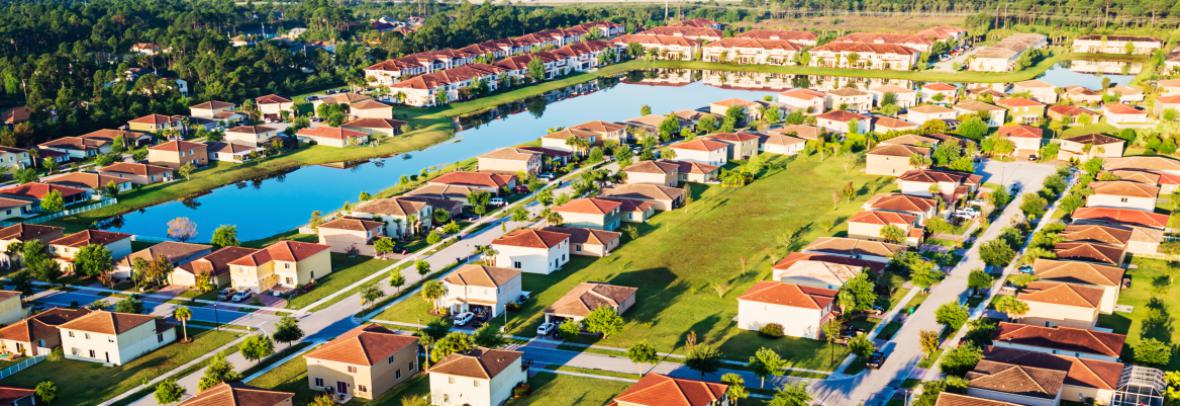
Protecting Private Property Rights
Background
Floridians are entitled to certain private property rights under Florida law. However, throughout the state, local governments have enacted a plethora of ordinances that encroach on the rights of private property owners and limit their ability to use their homes as they see fit.
One area that local governments have become increasingly restrictive is the maintenance of trees on private property. Many cities and counties require a permit prior to trimming or removing trees. Certain ordinances also restrict the types of trees that can be removed from a property.
Not only do these ordinances restrict the ability of property owners to maintain their property, but they also create a burdensome process to remove trees that may be a danger to persons or property.
Relief provided by HB 1159
The bill prohibits local governments from requiring a permit, application, notice, fee, approval, or mitigation for the pruning, trimming, or removal of a tree that has been certified by an arborist to present a danger to persons or property. The bill also prohibits a local government from requiring a property owner to replant a tree under those conditions.
Finally, the bill requires county property appraisers to post a Property Owner Bill of Rights on the appraiser’s website. The website must list the following seven property rights:
- The right to acquire, possess and protect your property.
- The right to use and enjoy your property.
- The right to exclude others from your property.
- The right to dispose of your property.
- The right to due process.
- The right to just compensation for property taken for a public purpose.
- The right to relief, or payment of compensation, when a new law, rule, regulation, or ordinance of the state or a political entity unfairly affects your property.
The bill was signed into law on June 29, 2019.
